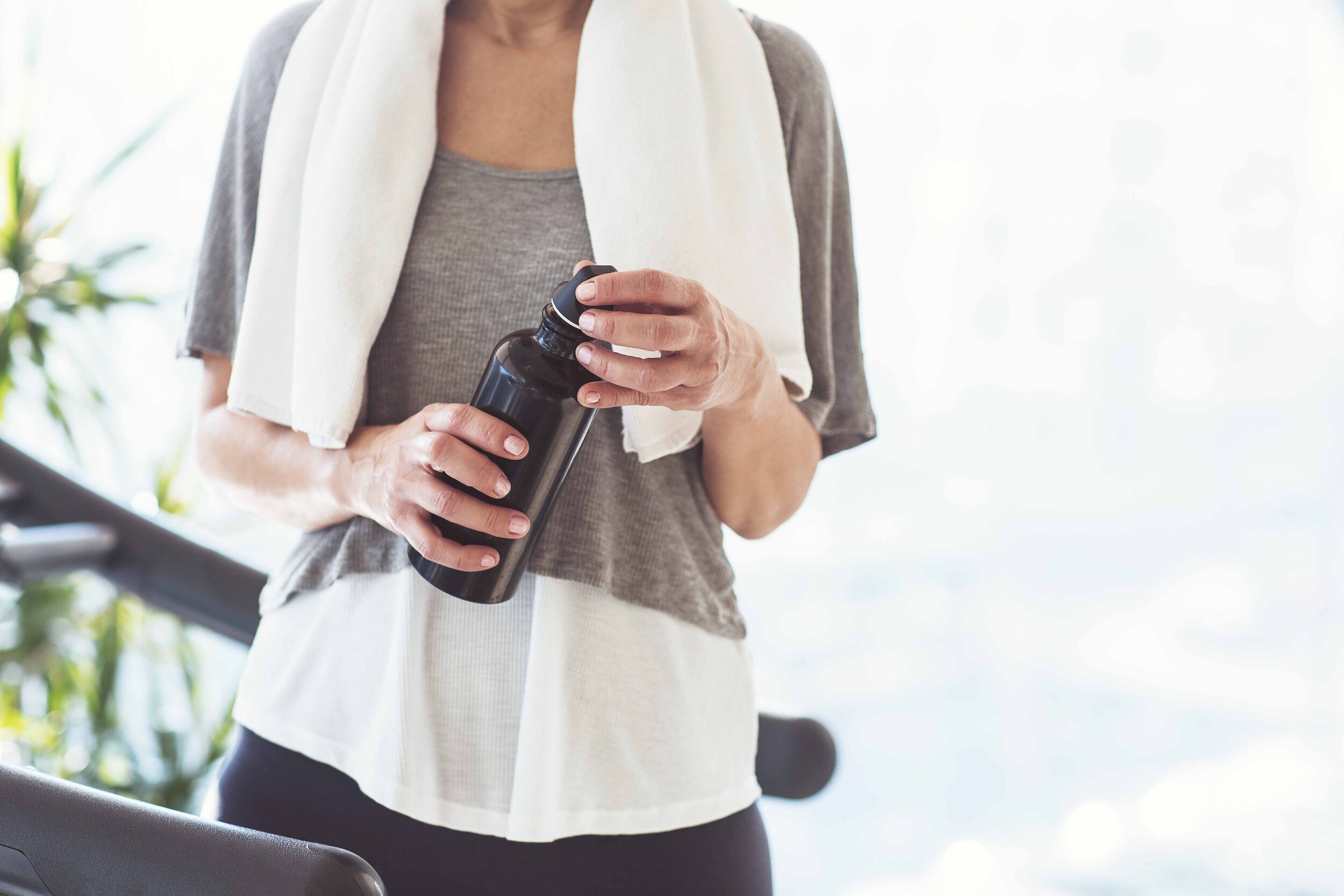Are Plastics Messing with Your Fertility? (And What You Can Do about It)
You’re taking your supplements, drinking your water, tracking your ovulation, maybe even freezing your eggs—and then you read something that makes you side-eye your water bottle like it’s the villain in your fertility story.
Plastic.
Endocrine disruptors.
Hormone interference.
BPA. BPS. PET. PVC.
All the letters, none of the chill.
If you’ve found yourself wondering whether plastics could be messing with your fertility, the answer is... maybe. But don’t panic. Let’s break it down together—and talk about what you can actually do to reduce your exposure without throwing out everything you own.
What’s the Deal with Plastics and Fertility?
Plastics are everywhere. Like, literally everywhere. From food containers and water bottles to receipts, makeup packaging, and even the linings of tinned food.
Many of them contain chemicals known as endocrine disruptors—compounds that can mimic or interfere with the hormones in your body. These include:
BPA (Bisphenol A)
Phthalates
BPS (a BPA alternative that may be just as bad)
These chemicals have been linked to potential disruptions in:
Estrogen and progesterone balance
Egg quality and ovulation
Sperm count and quality (if you're sharing this with a male partner)
Menstrual regularity
Embryo development
In short, they may mess with the system you’re working so hard to support.
So... Should You Panic?
Nope. Please don’t.
We’re exposed to small amounts of these chemicals daily, but that doesn’t mean your body is doomed. What matters is long-term, repeated exposure—especially when combined with other stressors like lack of sleep, processed foods, or hormone shifts from things like birth control or IVF meds.
The good news? You can absolutely take steps to reduce your exposure—without needing to live in a yurt and make your own almond milk by moonlight.
7 Simple Ways to Reduce Plastic Exposure (Without Losing Your Mind)
1. 🥤 Switch to a Glass or Stainless Steel Water Bottle
Your hydration game is already strong—just make sure your bottle isn’t sneaking in extra chemicals. Ditch plastic and go for:
Borosilicate glass (like bkr or Soma)
Stainless steel (like Hydroflask or S’well)
Avoid cheap bottles labeled with #7 plastics or marked “BPA-free” (which often just means they contain BPS, another problematic chemical).
2. 🍲 Don’t Heat Food in Plastic
Heating plastic (especially in the microwave) can cause chemicals to leach into your food.
Do this instead:
Use ceramic, glass, or stainless steel containers to reheat
Transfer leftovers to glass storage
Cover with a plate or reusable wax wrap instead of cling film
3. 💅 Rethink Your Beauty & Skincare Packaging
Your holy grail moisturizer might come in a cute plastic jar—but it’s worth checking the ingredients and the packaging.
Look for:
Glass bottles and jars when possible
Fragrance-free formulas (fragrance often = hidden phthalates)
Brands that are transparent about being endocrine disruptor-free
Not perfect? That’s okay. Just upgrade where you can.
4. 🧴 Check Personal Care Products for Hidden Chemicals
Phthalates can hide under labels like “fragrance” or “parfum,” and are found in:
Perfumes
Deodorants
Lotions
Nail polish
Hairspray
Try swapping just one or two daily-use items for cleaner versions. (You don’t have to become the fertility version of Gwyneth overnight.)
5. 🧾 Say No to Thermal Paper Receipts
Receipts are often coated in BPA—and that chemical absorbs through your skin. Madness.
When possible, choose:
Email receipts
Say “no receipt, thanks” when it’s an option
Use hand sanitizer before touching receipts, not after (it increases absorption!)
6. 🥫 Cut Back on Canned Foods
Many cans are lined with BPA or similar materials, even if they say “BPA-free.” Try choosing:
Fresh or frozen foods when you can
Jarred goods over canned (hello, glass chickpeas)
“BPA-free lining” labels if canned is your only option
7. 🍽️ Skip the Plastic Utensils + Tupperware (When You Can)
We’ve all used plastic forks or microwaved something in that cheap meal prep box. But over time, these little things add up.
Instead, try:
Bamboo or metal utensils
Silicone or glass meal prep containers
Beeswax wraps or reusable bags instead of cling film
Bonus: it makes your lunch feel that little bit more luxe.
But Seriously—Don’t Let This Stress You Out
If you’re feeling overwhelmed, breathe.
We’re all doing the best we can with the info we have. You don’t have to be 100% plastic-free to protect your fertility. This is about reducing your toxic load—not eliminating every chemical from your life.
The goal? Progress, not panic.
What I Personally Did (and Didn’t) Change
When I started my egg freezing journey, I made a few simple swaps:
Switched to a glass water bottle
Stopped microwaving food in plastic
Bought a glass jar version of my favourite face oil
Started looking for “fragrance-free” on labels
Did I still use plastic occasionally? Yep.
Did I freak out every time I opened a tub of hummus? No.
Did I feel better knowing I was trying to lower my exposure? 100%.
You don’t need to do it all. You just need to do what you can.
Final Thoughts
Plastics are part of our modern world—and avoiding them completely isn’t realistic for most of us. But that doesn’t mean we’re powerless.
Fertility isn’t about perfection.
It’s about supporting your body as best you can, with the information and resources you have.
If reducing plastic makes you feel healthier, more intentional, and more empowered—amazing. Do it in a way that feels sustainable for you.
Because at the end of the day, your fertility journey is about taking back control. One glass water bottle at a time.
